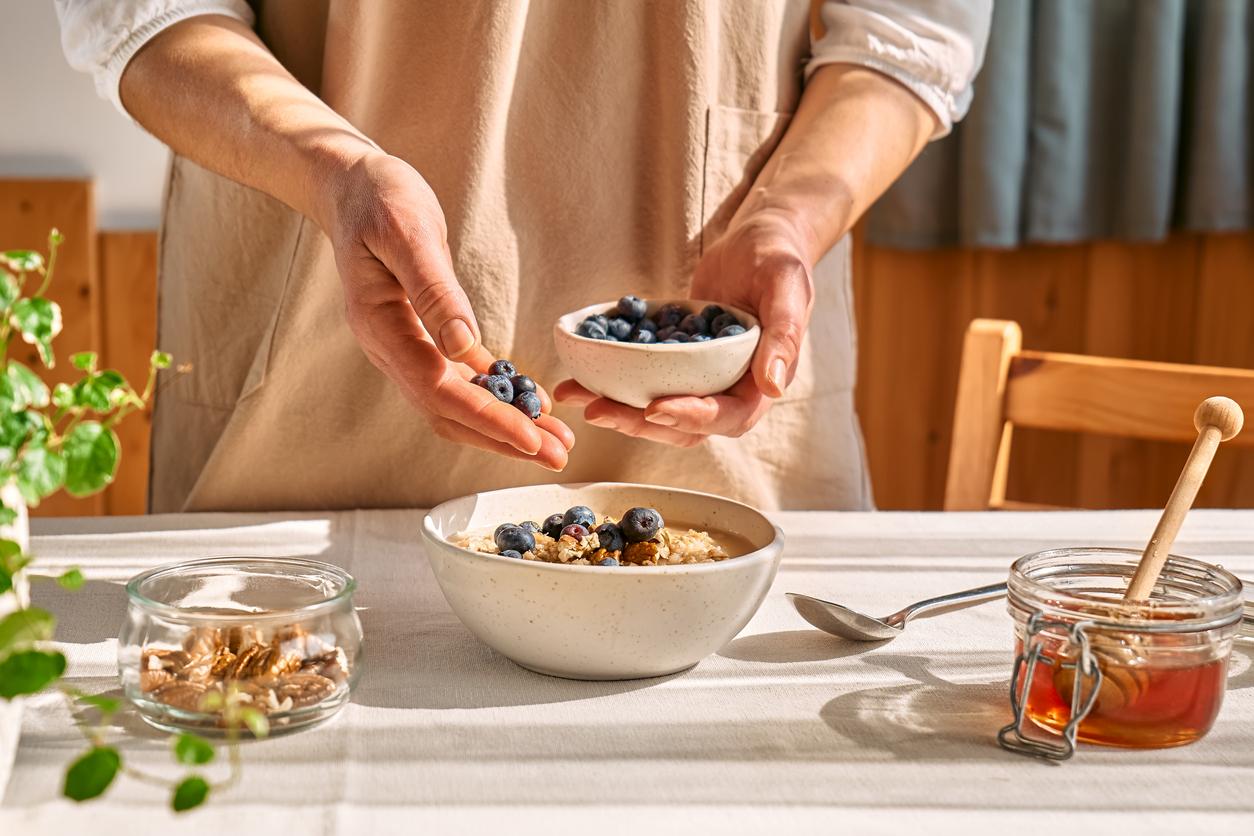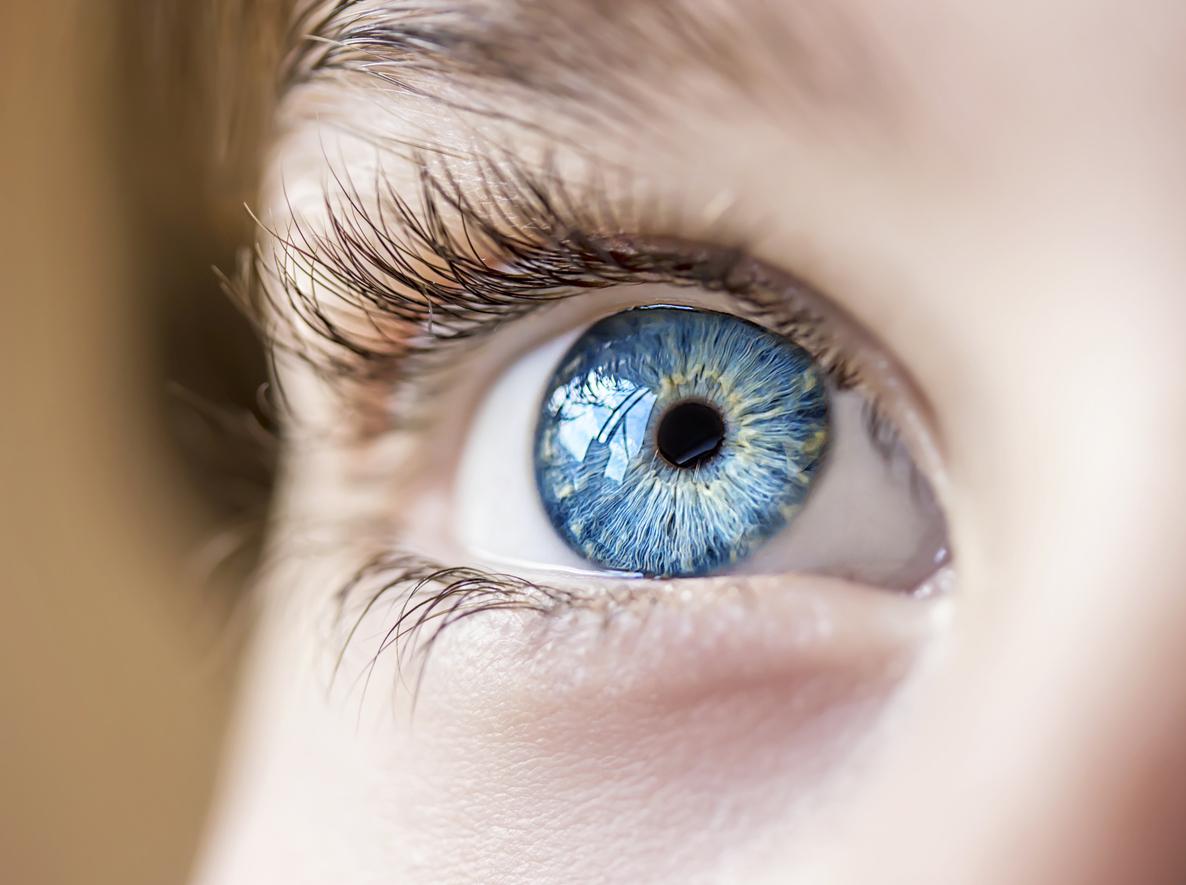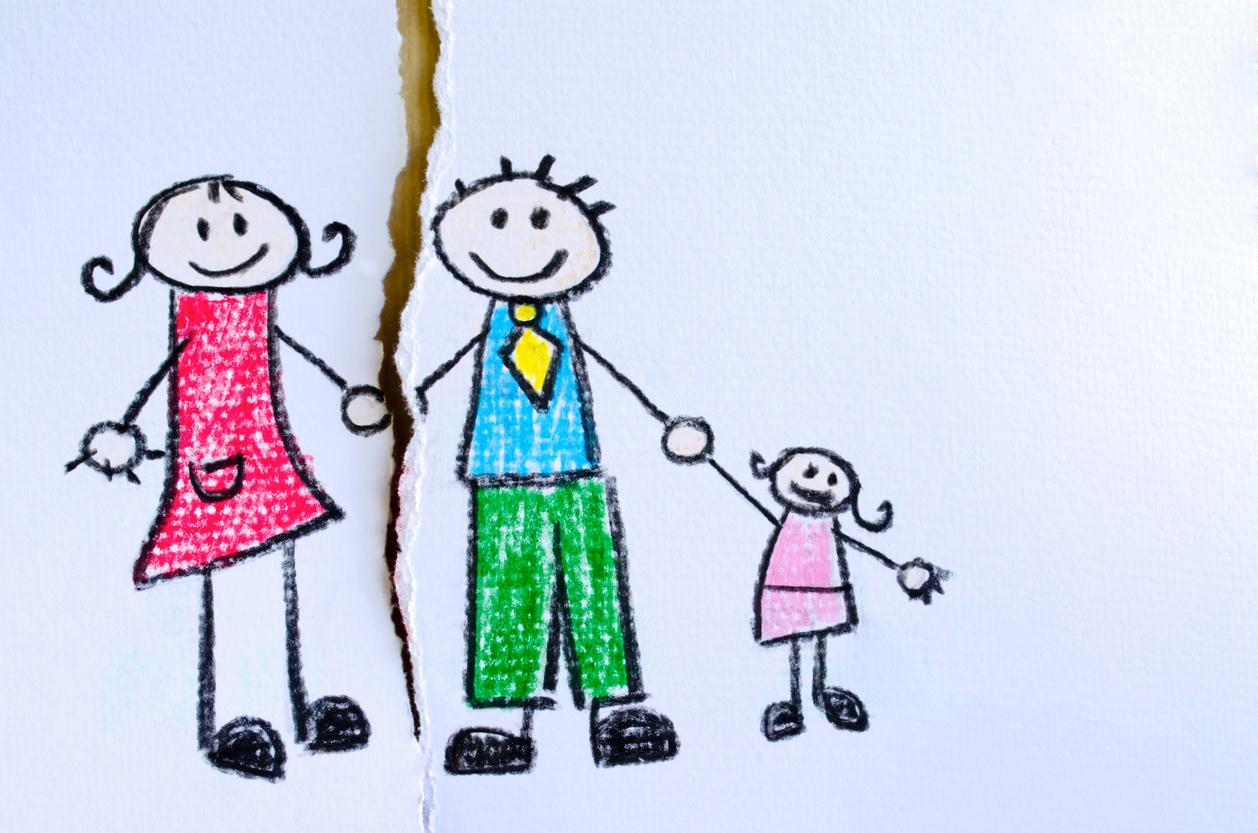How mothers share their memories with their children impacts the mental health of toddlers in early adulthood.

- People who tell well-structured and insightful stories tend to have better mental health.
- How parents discuss past events with their children plays a role in the development of adolescent narrative identity.
Telling anecdotes, showing photo albums or old school notebooks… Sharing childhood memories with children is beneficial for their well-being in adulthood. This was revealed by researchers from the University of Otago in New Zealand. To reach this conclusion, they carried out a study published in the journal Journal of Research in Personality.
115 mothers followed
As part of this work, the scientists followed 115 mothers. During the experiment, the mothers were asked to have open and enriching conversations with the children, aged one to three, about experiences they had during their youth and everyday events. “We tested the long-term effects of this intervention on narratives and assessed well-being in adults at age 21,” the team said.
Fewer symptoms of depression
According to the results, sharing memories with your toddler during infancy was found to have long-lasting benefits for their well-being and mental health. According to the authors, 21-year-olds told more coherent stories about their lives if their mothers had had open and meaningful discussions two decades earlier.
In early adulthood, they also showed fewer symptoms of depression and higher self-esteem compared to the control group whose mothers interacted with them as usual. “This study is the first of its kind and allows for the establishment of new interventions at home and at school with parents and teachers of young children”, said, Elaine Reese, author of the research, in a statement.

















